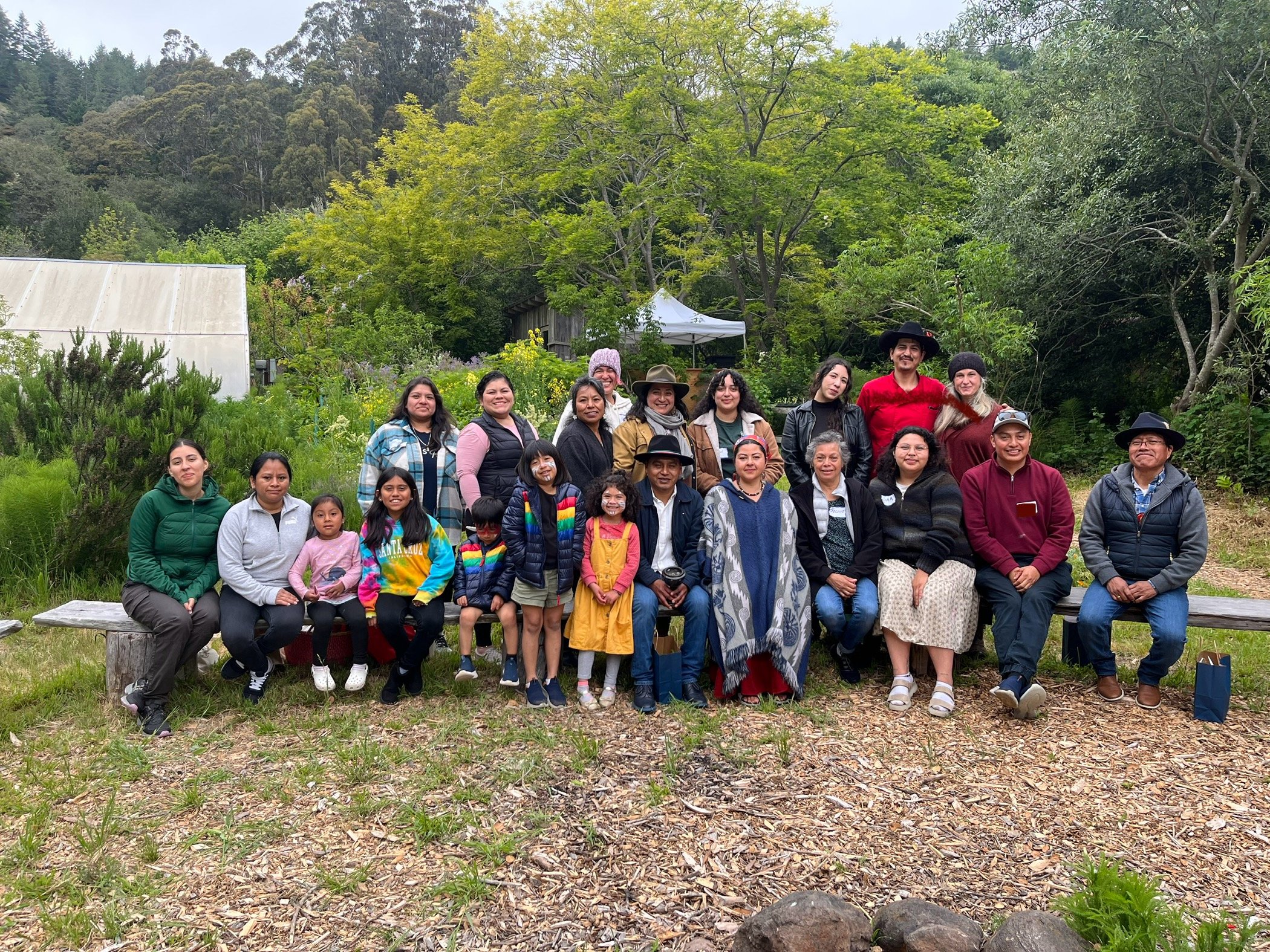
West Marin Community
Starts With You
Our Committee
The Círculo de Esperanza Latina (CEL)/Latinx Circle of Hope is a new committee of Latinx leaders who have lived/worked in West Marin for decades.
Círculo de Esperanza Latina members: Ámate Pérez, Rebecca Porrata, Elvira Xaxni, Jasmine Bravo, Jorge Martinez, and Maria Niggel
What’s going on in our community?
We are deeply alarmed by the severe threat the low-income housing crisis in West Marin poses to the Latinx community. Without securing permanent and affordable housing for families living in the Point Reyes National Seashore (PRNS) and the Techerra and Martinelli ranches, up to 75 families could be forced to leave West Marin within the next 12 months.
This crisis is further exacerbated by the outcomes of the 2024 Presidential Election and its anti-immigrant policy platform, which could displace even more members of our communities.
The Latino working-class community is integral to the fabric of West Marin. If these families are forced to relocate in search of affordable housing, our towns will lose the cultural diversity that defines them, and the impact on our schools and businesses will be devastating. Building a community takes decades, if we lose our Latino members the changes to our community will be irreparable and irreversible.
Take Action
These solutions and demands will be presented this week and on an on- going basis as we build on the support of our community to state and local elected officials, the Nature Conservancy, PRNS park officials, representatives of the ranchers and the executive directors of local foundations.
These demands have been upgraded and ratified by the affected families who live and work on PRNS ranches including Gabriel Romo, Judith Bravo, Rosa Rodriguez, Yezenia Hernandez, Louis Hernandez among others.
Provide resources to the most impacted and those with the greatest need.
1. The Point Reyes National Seashore must work with government agencies and with philanthropy and non-profit stakeholders (TNC, WMCS, CLAM and others) to continue to provide housing for low-income families living on the ranches until they can find other housing outside the Park. Any ranch housing conditions that currently do not meet health and safety standards need to be addressed immediately.
2. Additionally, the broader community shares a responsibility to support housing solutions for displaced workers.
3. People living on park ranches who will lose their housing must be granted, per family, a minimum of $100,000.00 and/or up to two years of rent and moving expenses, to cover relocation costs and rental assistance.
4. Workers need to receive severance pay to cover no less than twelve months' wages. In addition, workers must receive one additional month of pay per year worked. Employers are responsible to pay severance pay for their workers.
Provide mental health and other services to impacted families and children.
1. Nonprofits working with families who are impacted must increase emergency food security and case management.
2. Trauma-informed behavioral health services should be provided to children in the schools so they can address the fear and distress of facing the uncertainty of not having secure housing.
3. The children who stand to lose their friends also need to be cared for and receive trauma-informed support.
4. Provide trauma-informed mental health services for impacted adults.
Develop immediate temporary local housing options.
1. Housing-rights and housing-development organizations must secure or free up at least 20 emergency units for families to use for at least three to six months as they seek to secure permanent housing.
2. Options should be considered to prioritize permanent low-income housing for the Latino working families who face eviction from West Marin and whose earnings fall significantly below the poverty line.
3. Homeowners in West Marin should engage in exploring and building affordable housing options.
Involve those most impacted in all the relevant conversations and decisions.
